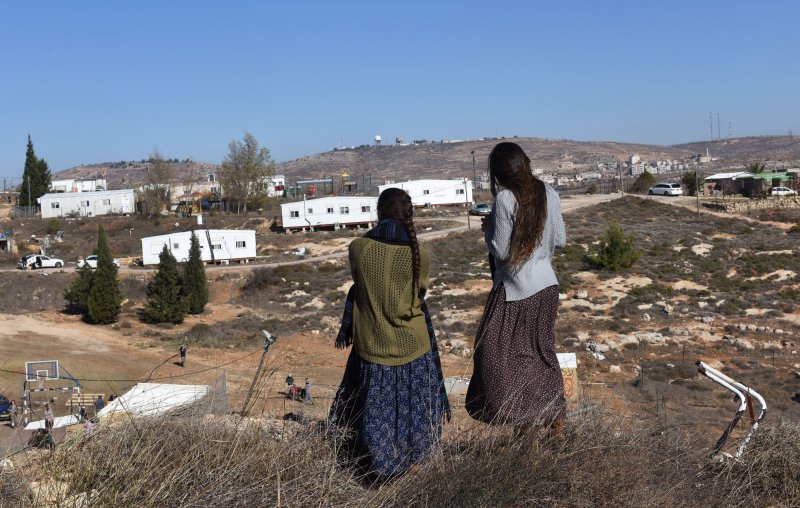Before leaving office, Obama decided to spit Netanyahu in the
face. The recent UN resolution is a harsh blow to Israel. It does not
differentiate between all the scattered settler outposts and for instance the
Western Wall and the ancient Jewish Quarter in Jerusalem.
While the US abstained and did not veto the resolution, all other
Security Council members voted in favor of it, against the destructive process
of Netanyahu and his government (in which he himself holds several additional
portfolios).
All this does not amount to seeing Palestinian maneuvering in a
positive light. At the beginning of his first term as President, Obama asked
Netanyahu to make a gesture to the Palestinians, to encourage them to return to
the negotiating table. Netanyahu agreed and froze all building in the
settlements for ten months, which sadly did not move the Palestinians. With
increasing international support, they are not likely to return to
negotiations, but proceed on the international arena, gaining increasing
recognition, while Israel becomes increasingly isolated, much due to its current
policies.
Prime Ministers Ehud Barak and Ehud Olmert offered the
Palestinians complete return of territory (with exchanges from within Israel
proper), but these possibilities for peaceful resolution were rejected by the
Palestinian leadership.

At this point, Israel should in my view (and of course Netanyahu
is not going in that direction) follow a two-track policy:
1. Be open to both direct and regional negotiations, whether
toward a comprehensive solution (less likely) or a step-by-step process, in
which small pieces of additional territory is handed over to the Palestinians,
each step accompanied by an agreed-upon step by the Palestinians (such as
stopping incitement), and
2. Unilateral disengagement from civilian occupation: As a first
step, freezing all construction in settlements beyond the security fence,
followed by withdrawal from these settlements, which initially should be handed
over to the military. Following agreements with the Palestinians, these
settlements should eventually be handed over to the Palestinian National
Authority. (When Israel withdrew from Gaza, the evacuated settlements were
handed over, but sadly destroyed by the Palestinians. In this case, that part
of the process should be internationally overseen to prevent a repeat.)
In the hope that in spite of apprehensions, 2017 will turn out to
be a constructive year towards peace and reconciliation.







